Who doesn’t love new lenses? The way it changes how you shoot, the depth of field, and the beautiful aperture. I want to give you a super handy lens comparisons so you too can experience the new lens feeling.
There are so many different lenses out there that it can be overwhelming. All of the numbers and brands start to blur together. Let’s have a look at some of my favorites, and do a lens comparisons to make it easier for you when you’re ready for your next lens.
Table to Contents
*This post contains affiliate links. Thanks for supporting Click it Up a Notch®.
Full Frame vs. Crop Sensor for a focal length
Before we can compare lenses, we need to determine whether you use a crop sensor or a full frame camera.
This matters because it will change the focal length on the lens so it might make you consider a different lens.
What’s the difference?
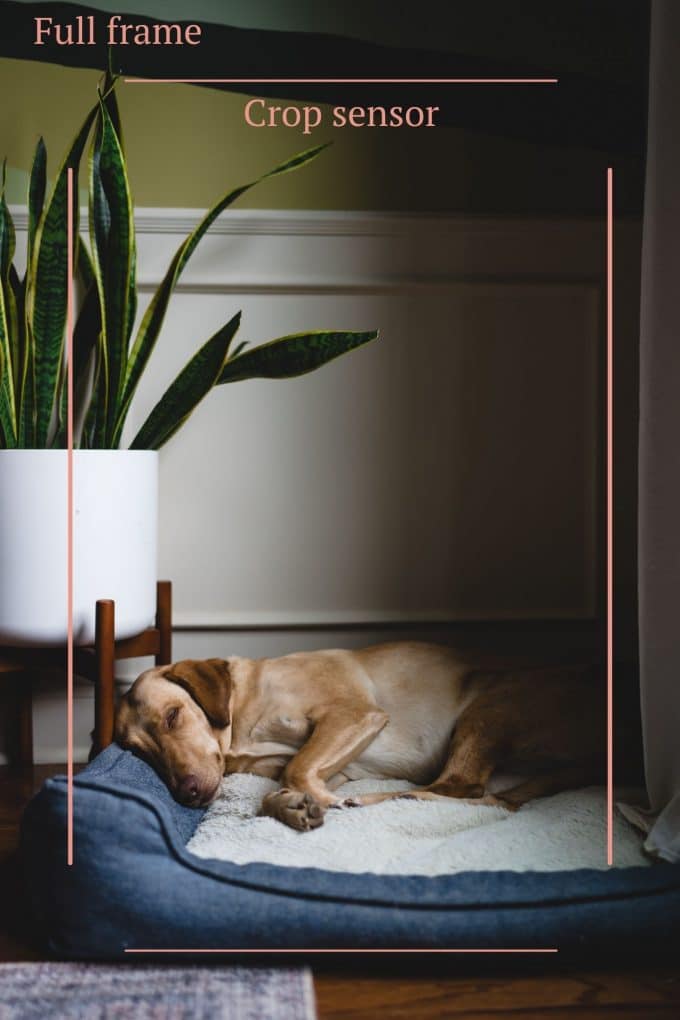
A full frame camera is exactly what is sounds like, it will give you the full mm listed on your lens. If you have a 50mm lens, the focal length is 50mm.
Whereas the crop sensor has a crop of 1.6x (Canon) or 1.5x (Nikon). So on a crop sensor a 50mm lens will actually have the focal length of 80mm (Canon) or 75mm (Nikon).
A further explanation! Everything You Need to Know About Crop Sensor Vs Full Frame
Keep in mind for lens comparisons
If you aren’t sure if you have a crop sensor or a full frame, you can do a quick search and find out since it will really help you determine which lens to buy.
If you aren’t ready to buy a lens here is When and Why you Should Consider a Lens Rental.
Lens Comparisons of different focal lengths
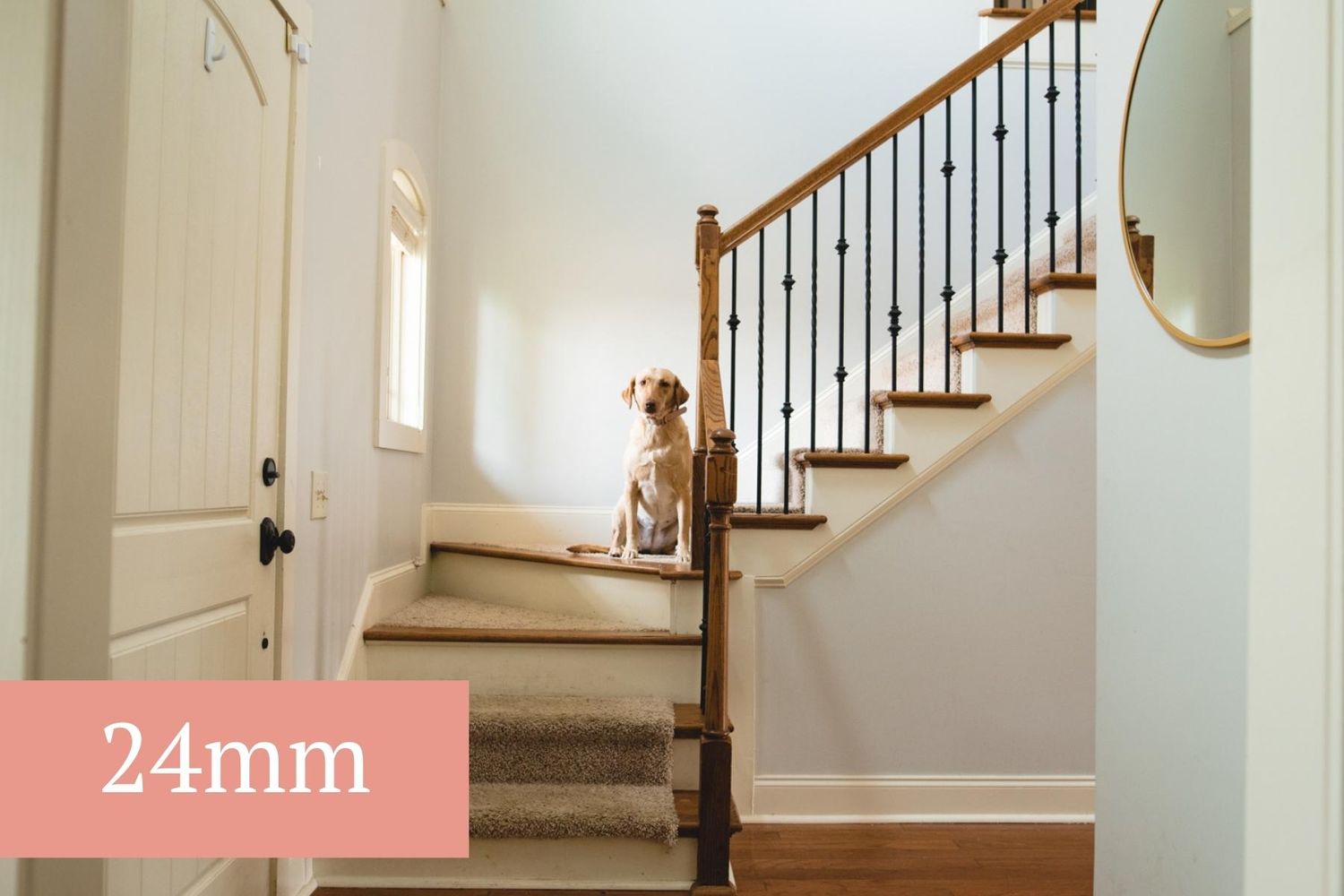
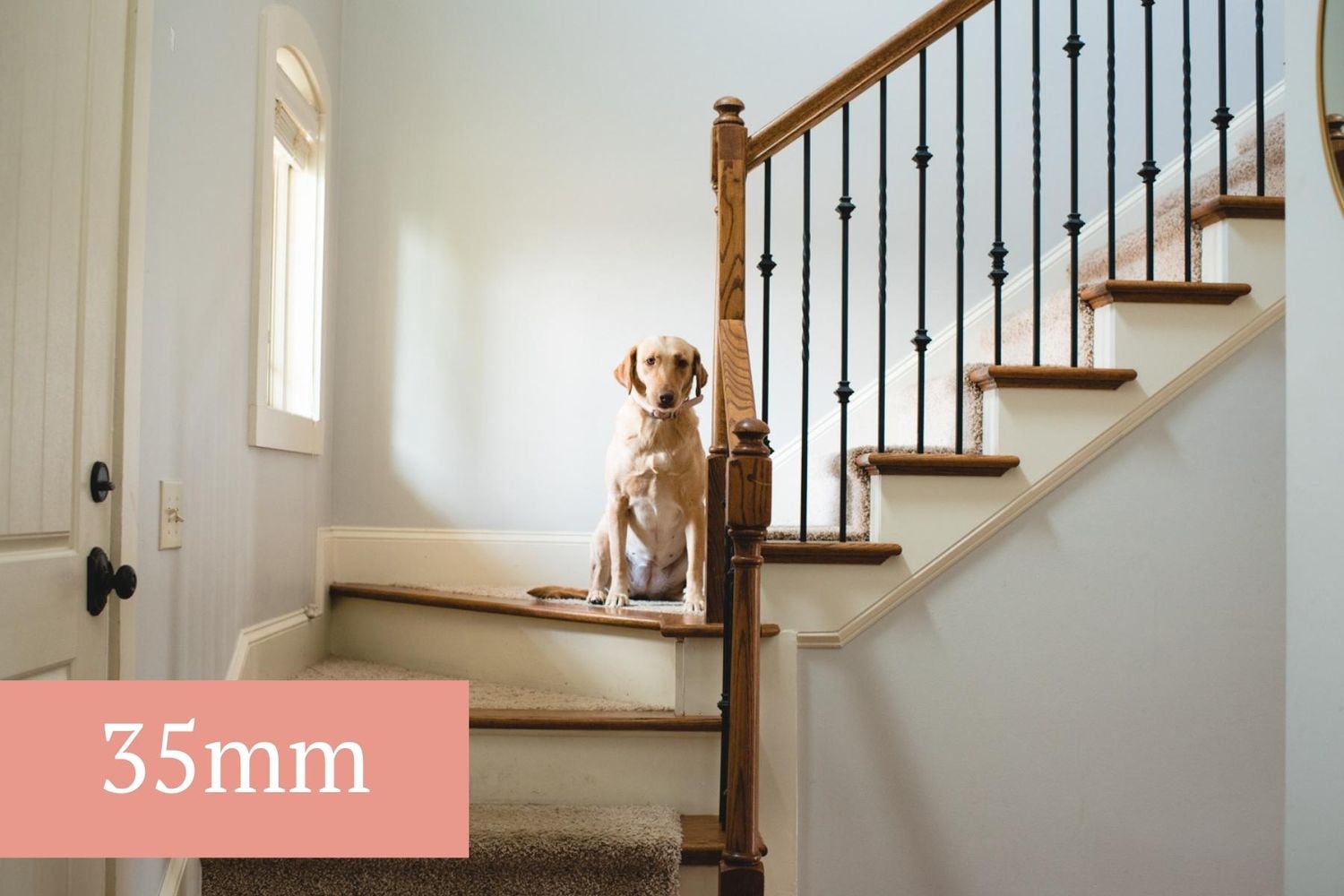
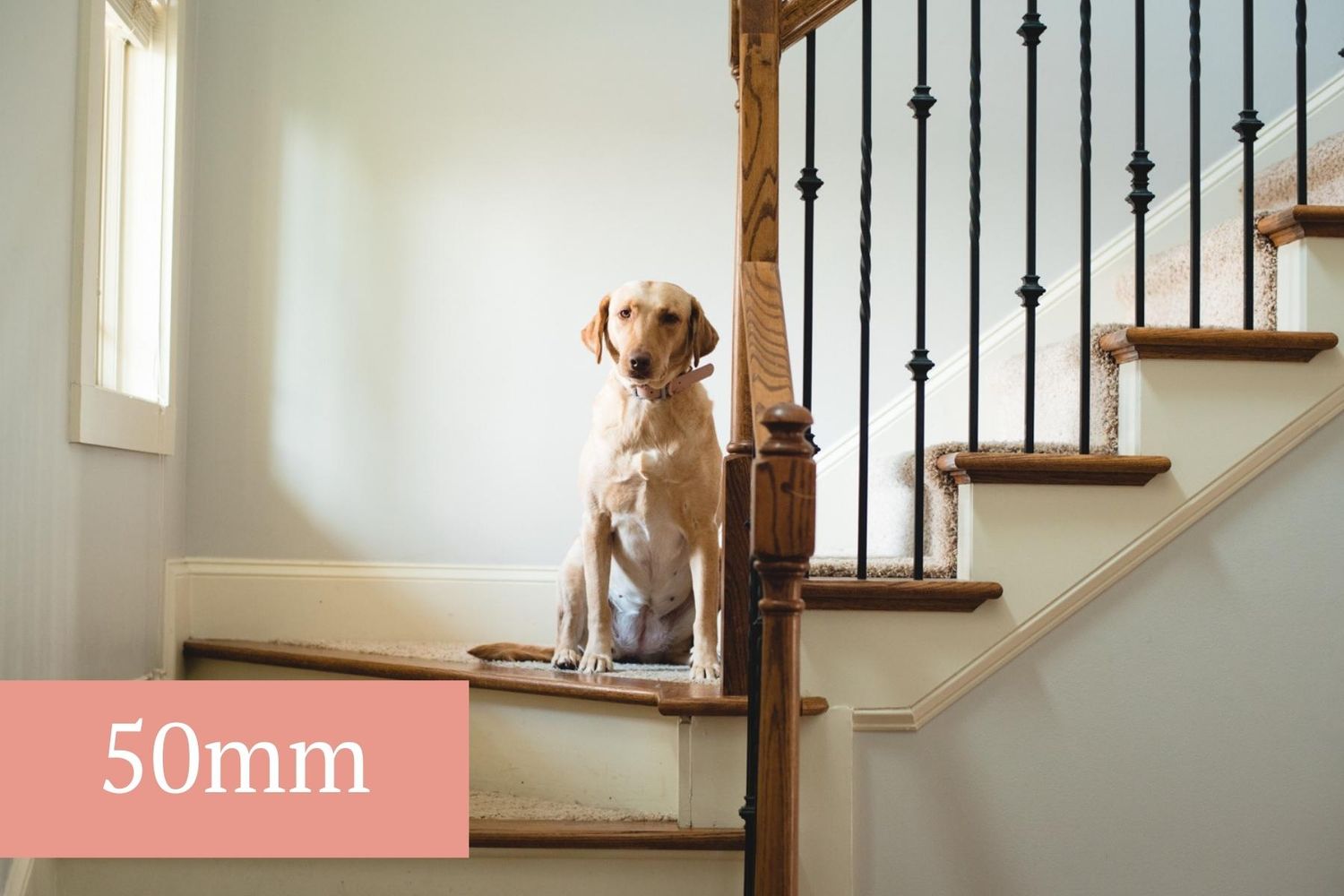
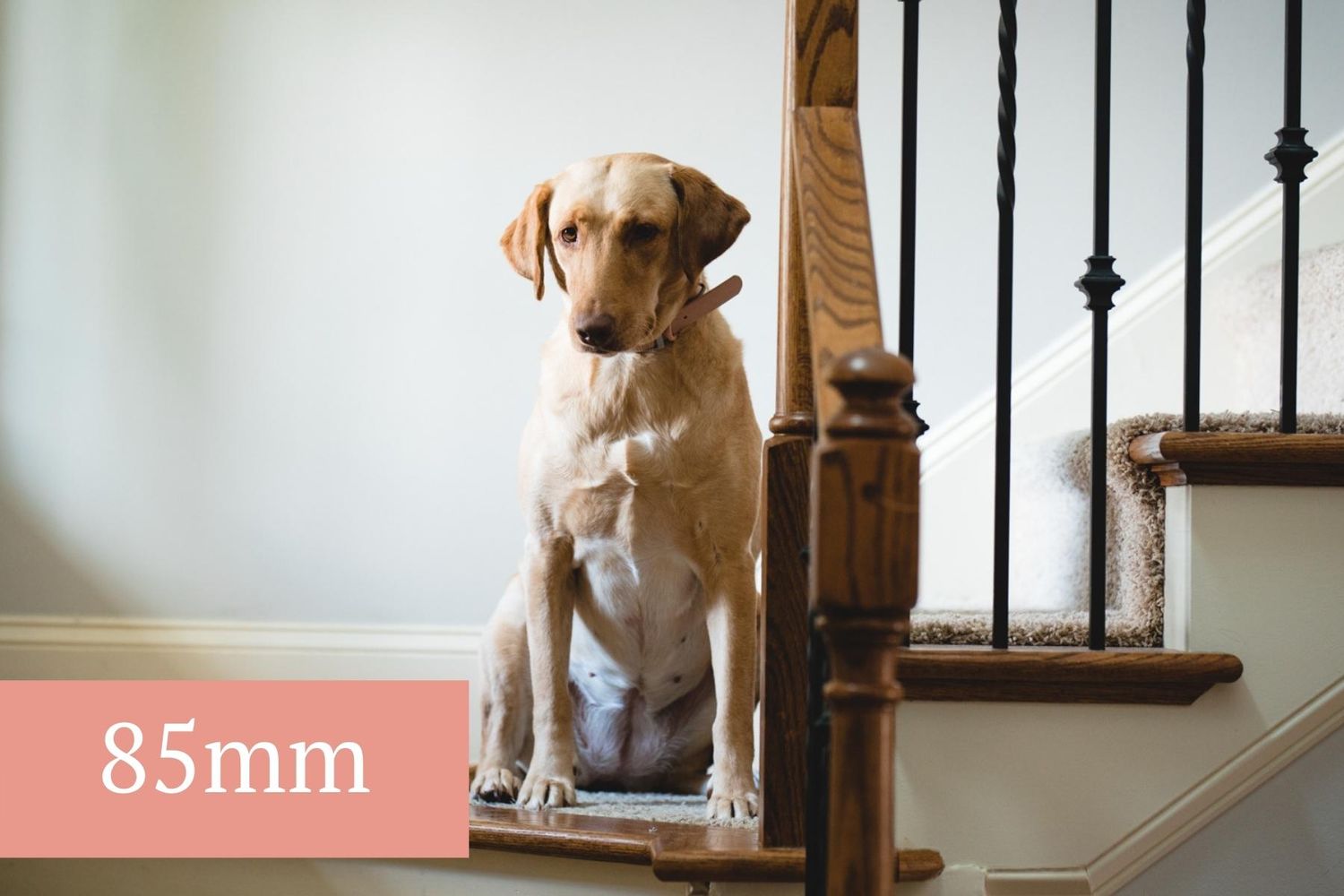
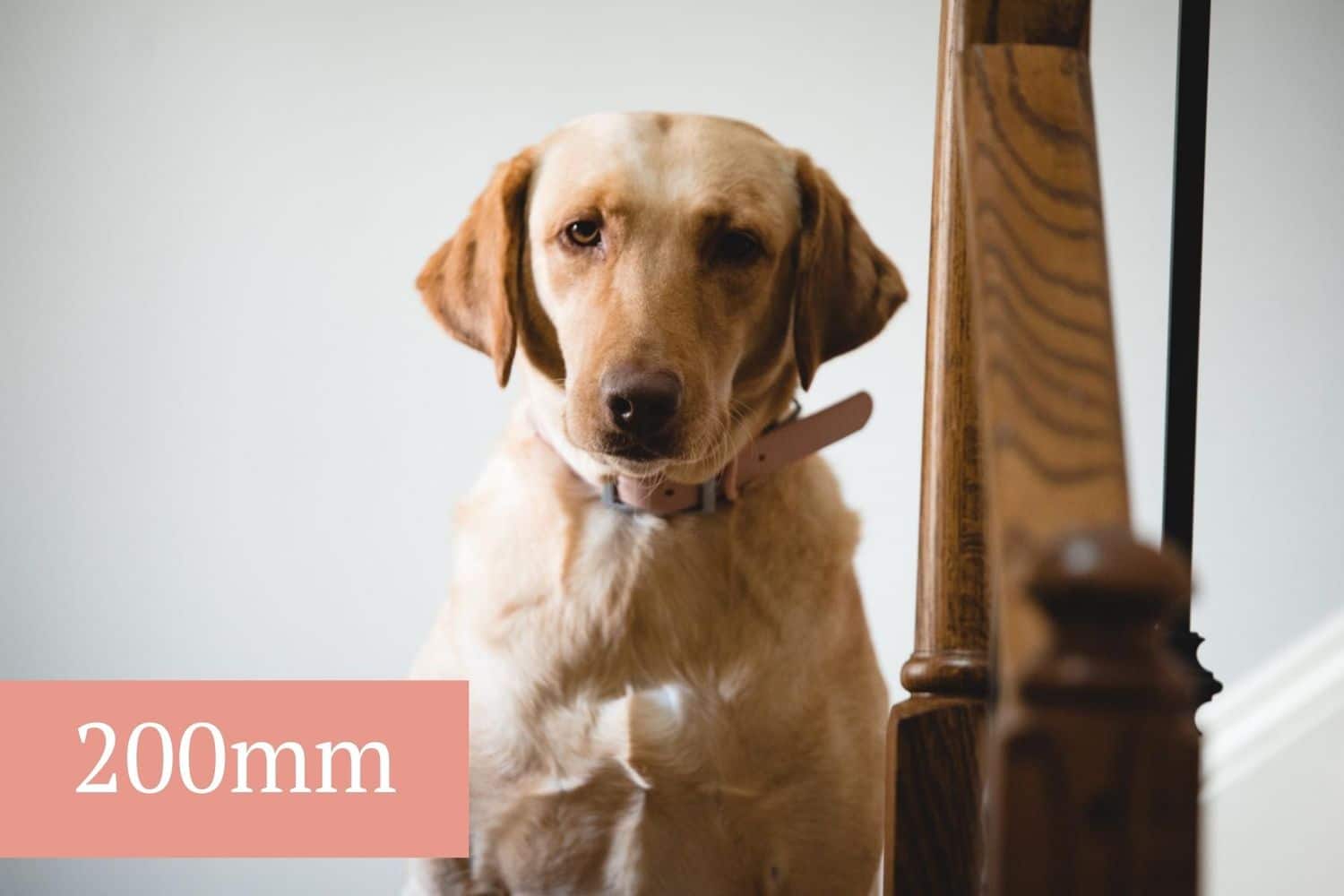
What are the types of lenses?
Prime and zoom lens
There are two main types of lenses prime and zoom. Both are great but each serve there own purposes.
What is a prime lens?
A prime lens is one that has a fixed focal length. Meaning if you want more or less in your frame, you have to move your feet. Fixed means the lens doesn’t move once it’s on your camera.
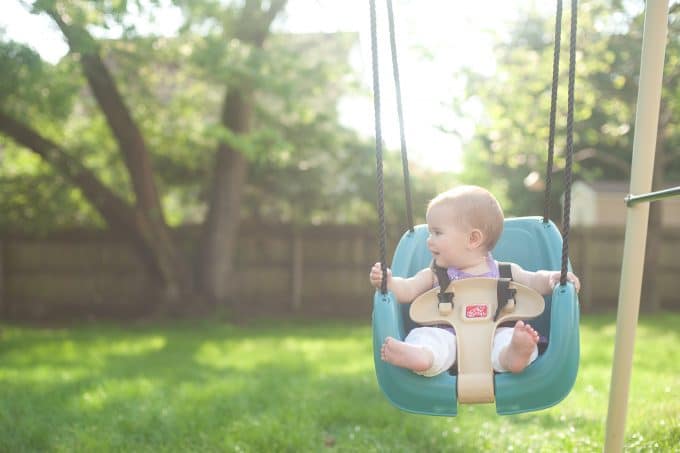
They are usually smaller and more lightweight and easier to travel with.
What is a zoom lens?
Zoom lenses offer you multiple focal lengths. You can move closer or further away just by adjusting the lens.
They tend to weigh more since they have more glass.
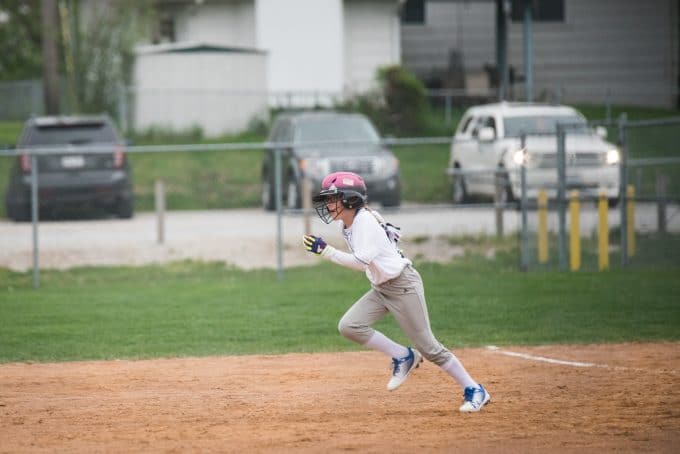
Prime lens comparisons
24mm lens
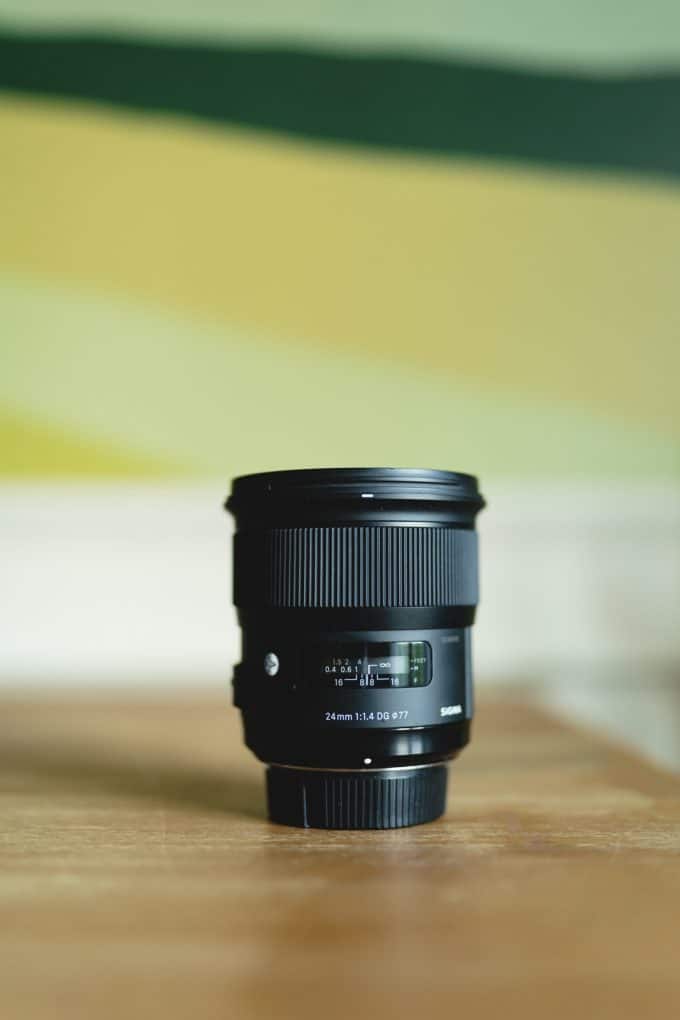
Nikon f/1.4 | Canon f/1.4 | Sigma f/1.4
This is going to be your go-to lens for environmental shots. It is a wide angle lens that allows you to get more in the frame. Because of that it might cause a little distortion.
This is a beautiful lens for travel it has a wider aperture so it’s perfect for Group photography, landscape or street photography.
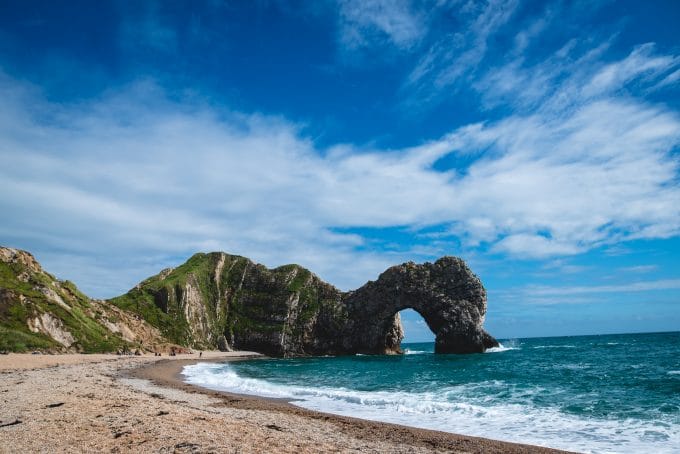
Read more on Lens Distortion: What Every Photographer Should Know
35mm lens
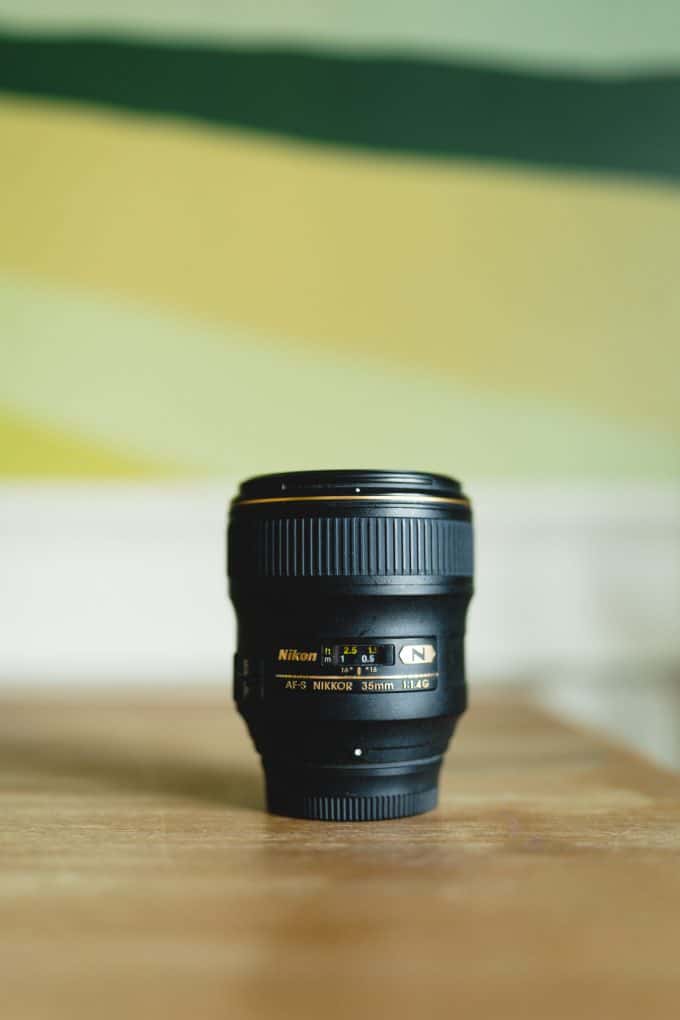
Nikon 35mm f/1.8 | Canon 35mm f/2
The 35mm lens is a universal lens that is easy to use indoors or for travel. It’s small and lightweight but allows you to fit a lot in the frame without too much distortion.
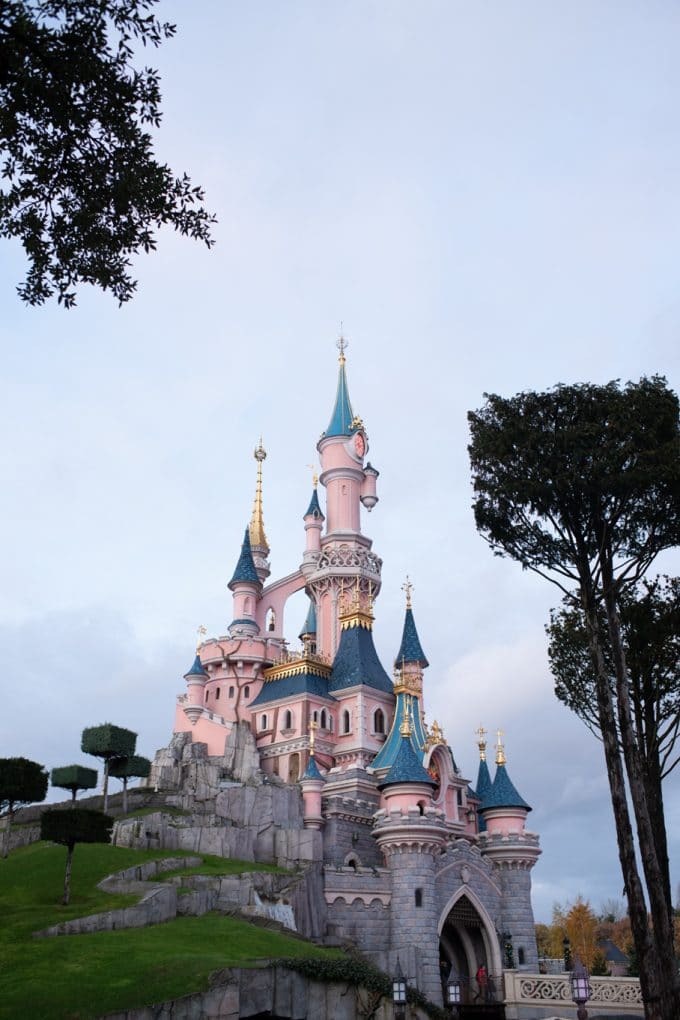
One reason I love the 35mm is because you can buy this lens with a wide aperture such as f/ 1.4. This gives you that beautiful blurred background without compromising your space.
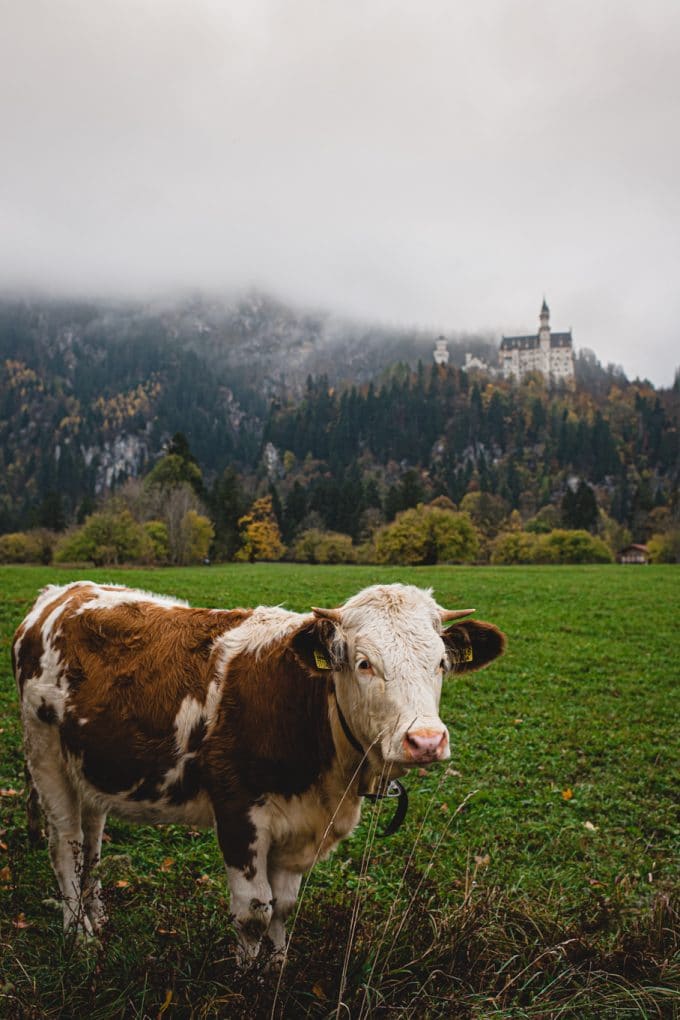
50mm lens
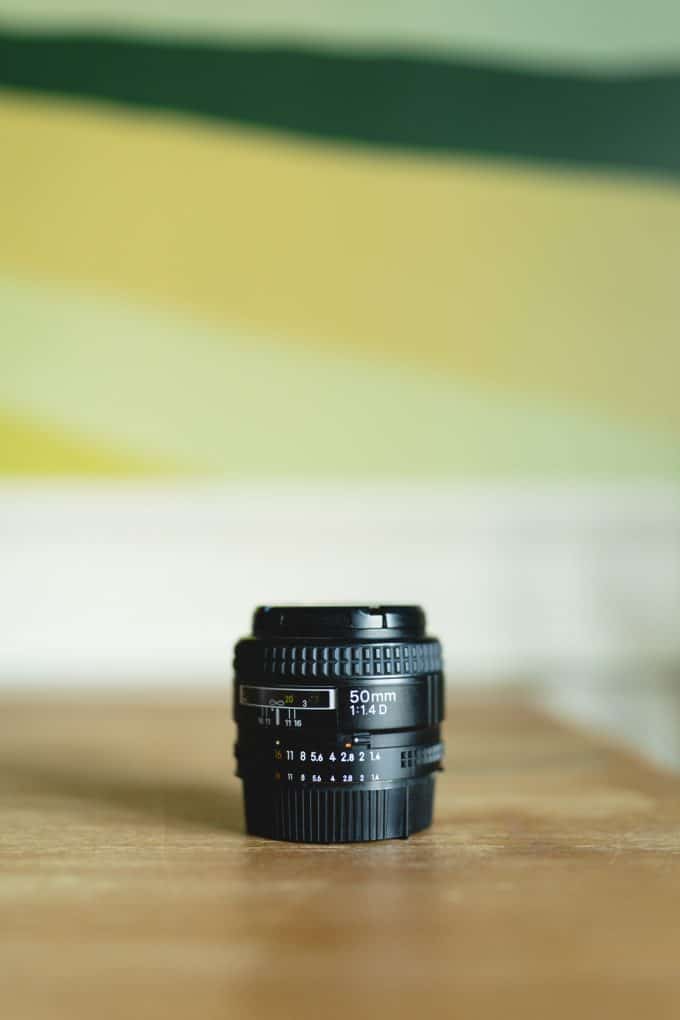
The “Nifty Fifty” is a great first lens to have! The lens boast a wide aperture, and it is small and easy to keep on your camera.
The 50mm lens is great for portraits.

85mm lens
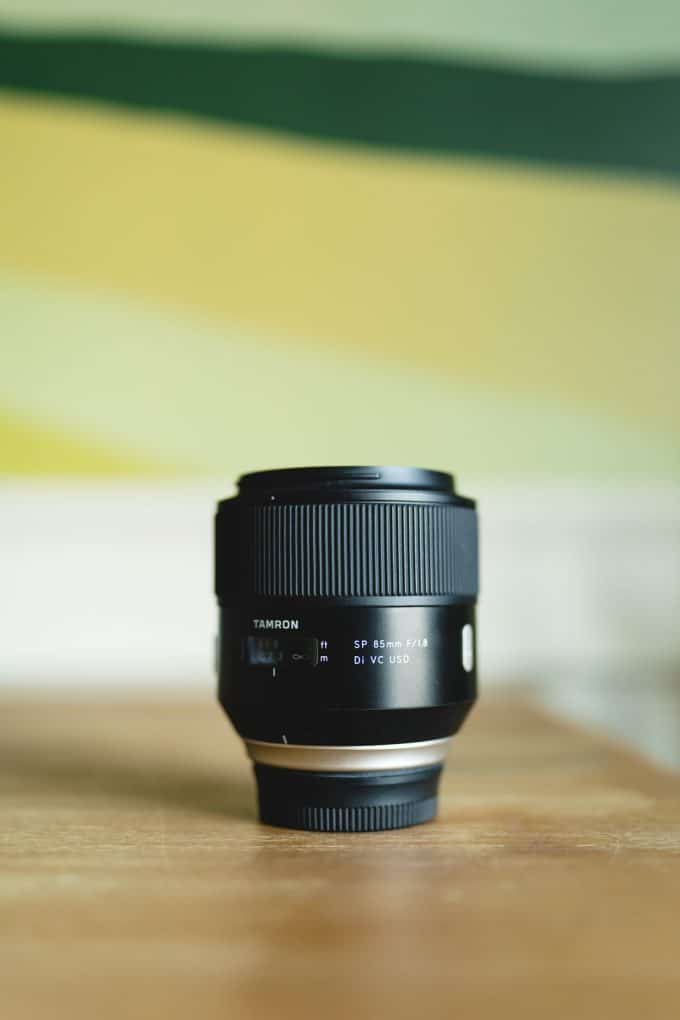
Tamron 85mm f/1.8 | Nikon 85mm f/1.8 | Canon 85mm f/1.8
With a focal length of 85mm you are going to get very beautiful portraits.
The 85mm has a wide aperture and will do a great job at making the subject stand out from the background.

Lensbaby
A Lensbaby is a lens that is for the creative photos. It’s on ball and socket mechanism and allows you to do special effects. This lens probably won’t be your every day lens, unless creative photography is your thing. It sure is fun.
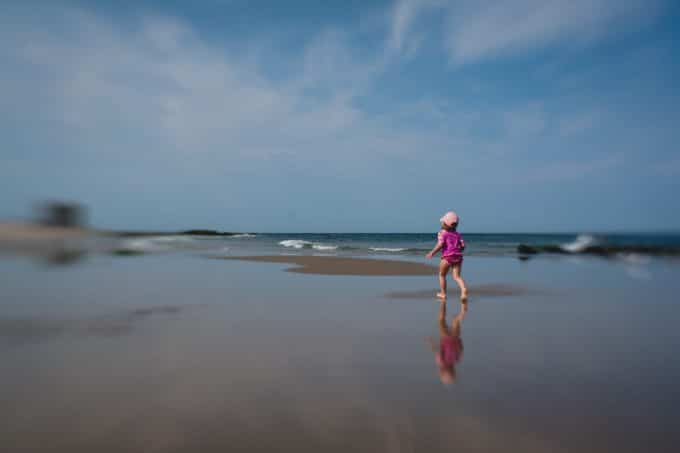
Just for you! 4 Reasons to Travel with the Lensbaby
Zoom lens comparisons
24-70mm lens comparison
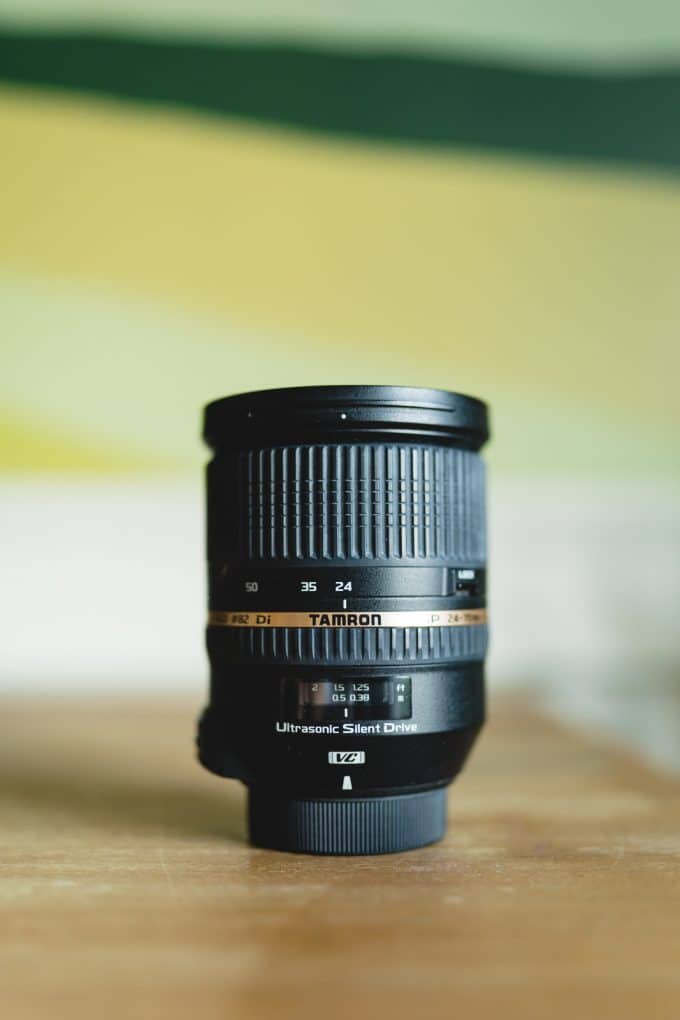
Nikon f/1.4 | Canon f/1.4 | Sigma f/1.4
The 24-70mm lens is a great lens to have on if you are unsure of what you are going to be shooting.
Maybe you’re on vacation and you want some photos of the hotel you stayed in AND you want some close ups of the family. This universal lens will do it all.
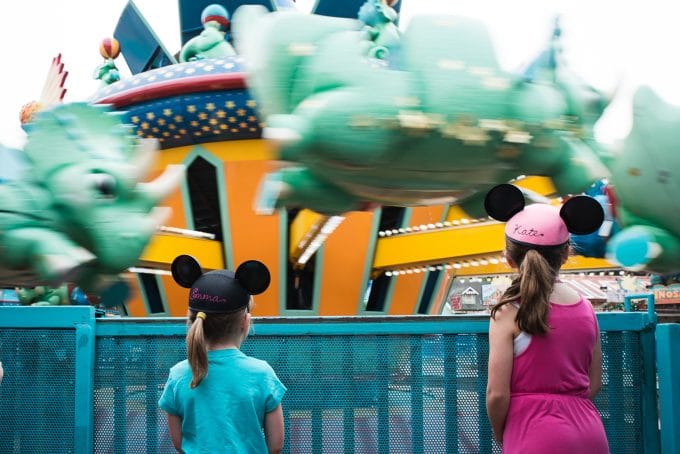
Keep in mind that the aperture is as wide as a prime lens, but you will still be able to get some blurred background.
70-200mm lens comparison
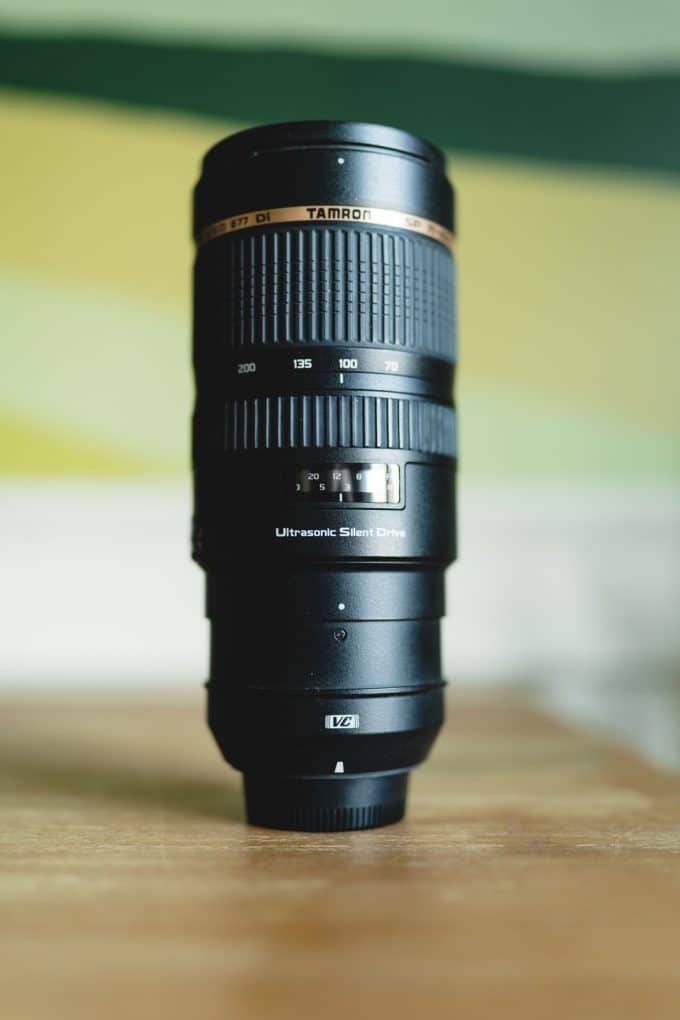
Nikon 70-200 2.8 | Canon 70-200 2.8 | Tamron 70-200 2.8
This is my go-to sports lens. If you are wanting to shoot some action shots of your favorite football player, this is the lens you want.
It’s also a great lens for outdoor photography as it has such a close zoom.
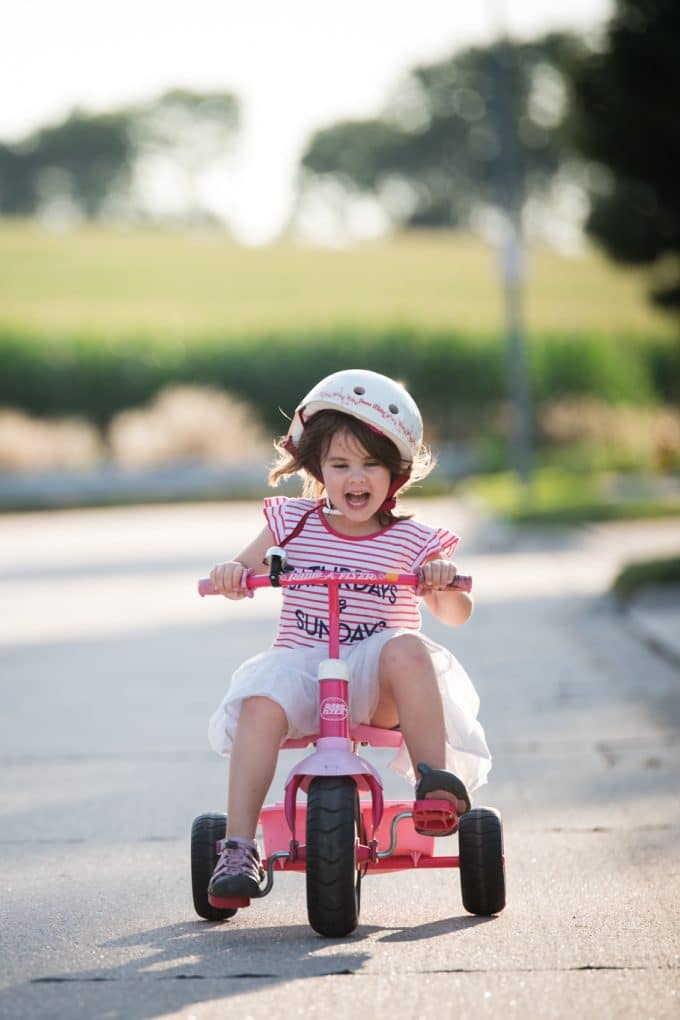
Unfortunately with such a great zoom, you aren’t able to get a wide aperture.
Is a higher mm lens better?
The higher the mm number on the lens, the closer it will be. So it will not always be better to have less space. Ultimately, only you can answer this question because it depends greatly on your subject matter and your photography style.
Higher mm lens comparison
For example if you are in a house, you probably do not want to be using a 70mm-200mm zoom lens because you will not have much room in your frame.

Photography style for lens comparisons
What is your photography style? This will really determine what mm length will be the best for you.
An 85mm is perfect for Portrait photography but maybe not the best for street photography.
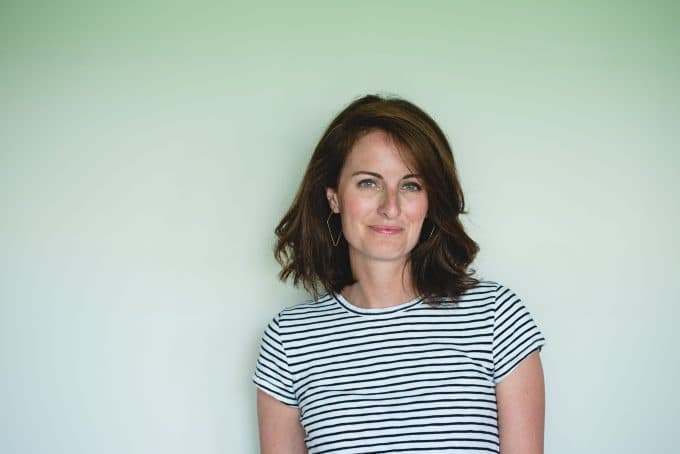
70-200mm is a great lens for sport photography and a 50mm is great for travel.
Using the descriptions above, you can tell that a higher mm number doesn’t mean “better.”
What brand has the best lenses?
When doing a lens comparison, you will come across many names like Nikon, Sony, Canon, Tamron, and Sigma to name a few.

Lens comparisons for different brands
What you should know is that every brand has really great lenses and sometimes not so great lenses.
I suggest reading reviews for the different brands for each lens you are looking at. Then consider your budget.
Want a Peek Inside My Camera Bag?
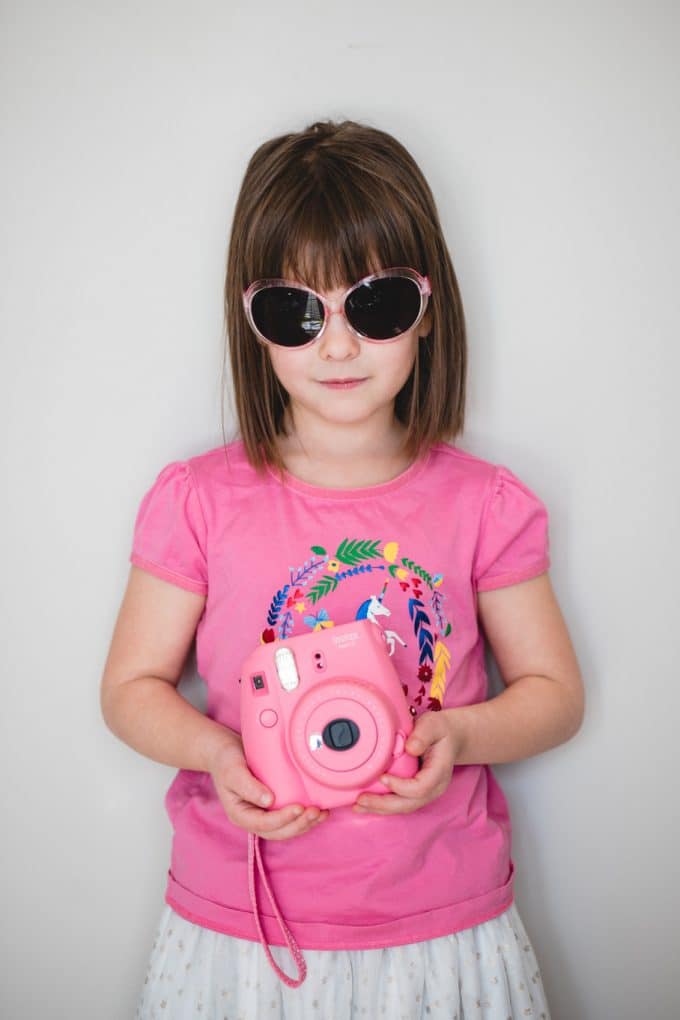
Should I buy a third party lens?
A third party lens is a lens that is not made by the camera brand. That means Tamron, Sigma, and Tokina are all third party lenses.
Here’s what I would say if you asked What Lens Should I Buy?
Third party lens comparisons
When doing a lens comparison you can consider buying a third party lens to usually help save some money.
While there are some differences in the name brand lens compared to the third party lens, I don’t think it’s enough to make that much of a difference.
I regularly use both a Tamron and a Sigma and I love them. I can honestly say that I can’t tell a difference in the quality.
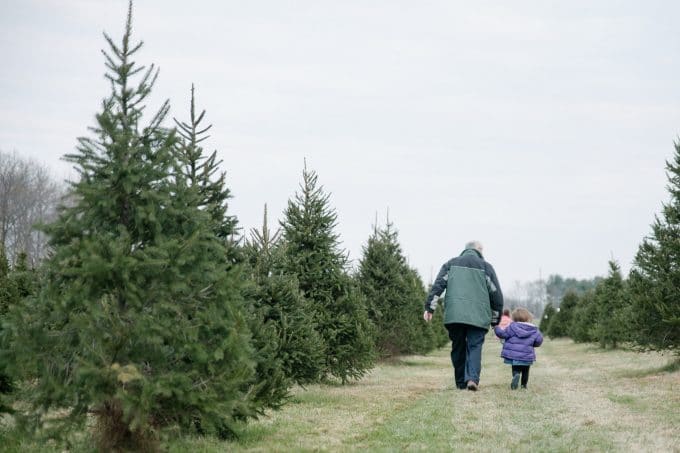
Lens Comparison FAQs
Decide what your photography style is and go from there. Some people NEED a zoom lens and others need a fast smaller prime lens. Just try to keep the aperture wide since it will give you that professional blurred background.
As a beginner you will probably want a lens that allows you to have a wide aperture like 1.8. I love my 35mm and my 50mm. They are both prime lenses that are a cost efficient way to practice photography. You will also be able to use them as a professional. If you choose a zoom lens make sure to get a fixed aperture.
Read more about photography gear for beginners.
I say ditch the kit lens. You can save your money and spend it on a better quality lens at the same price or maybe even cheaper. Go for a lens like the 50mm 1.8. I promise you it will be significantly better than the kit lens.
They both are wonderful lenses you can’t go wrong. The 50mm is a cheap option for sharp portraits. The 35mm is a classic wider frame that allows you to still get crisp photos but gives you a little more room to work with. Lucky for you, I have a whole post that compares the two so you can decide for yourself which one is the perfect match for you. Check my post on 35mm vs 50mm.
Read more about the gear I love:
5 Reasons to Shoot with a Wide Angle Lens
Camera Lens Series: Everything you Need to Know
Canon Lens Comparisons







No comments yet.